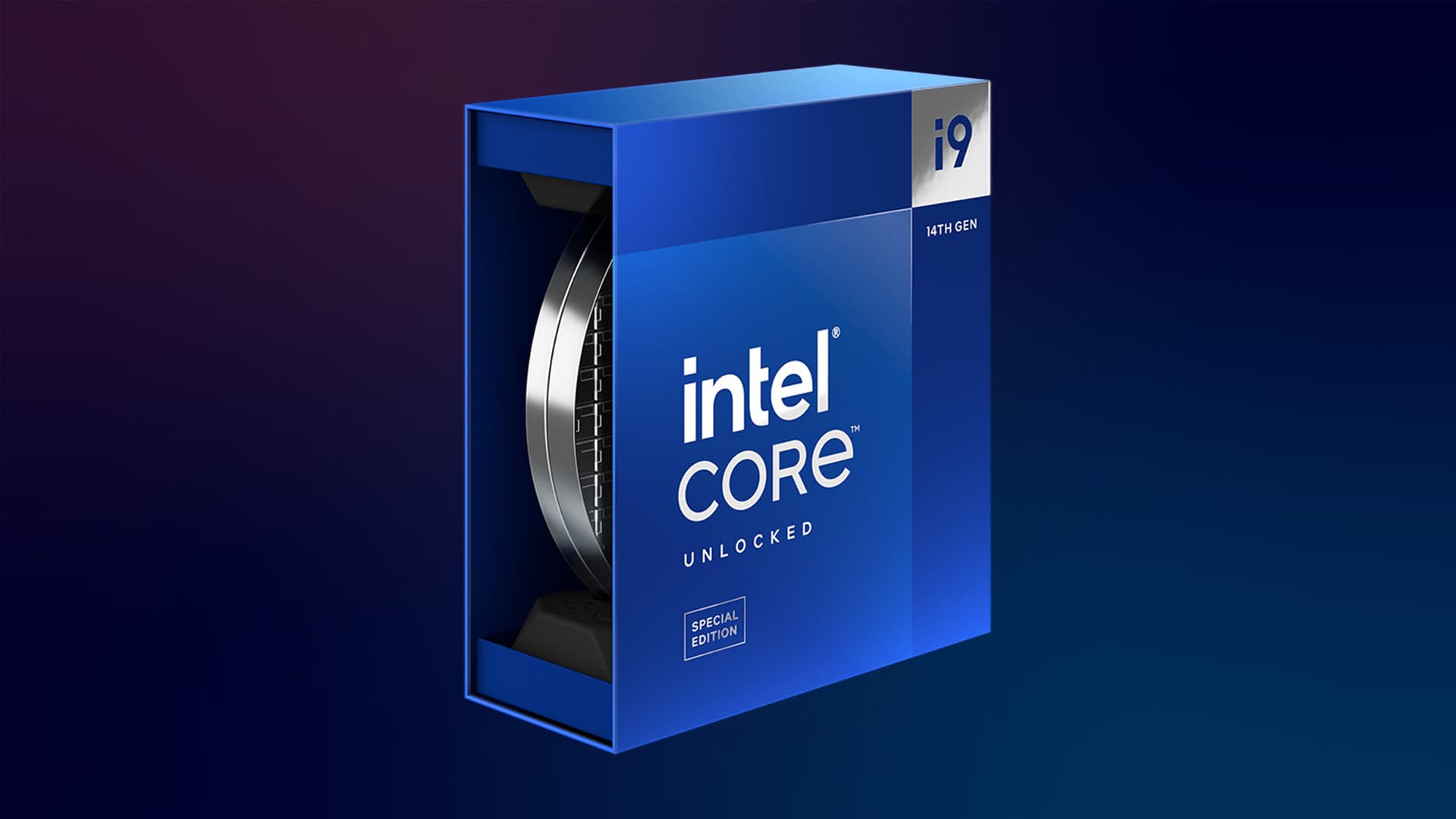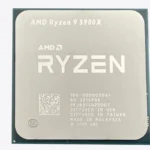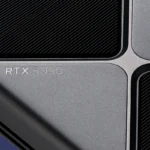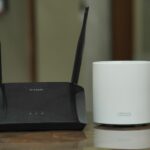Intel launched its 14th generation Core processors, called Raptor Lake, on October 17, 2023. These chips provide significant computing power for both enthusiasts and everyday users. Intel has improved its hybrid architecture to deliver processors that focus on strong performance and efficiency. The top processor in this series, the Intel Core i9-14900K, is now known as the world’s fastest desktop processor, marking a big achievement for the company.
The new processors have faster CPU speeds and more E-cores, expanding what desktop computers can do. This is especially important for people who need high performance for gaming, content creation, and heavy multitasking. As technology evolves, Intel’s 14th Gen CPUs represent a new step in desktop processor development, offering features that can enhance user experiences in various tasks.
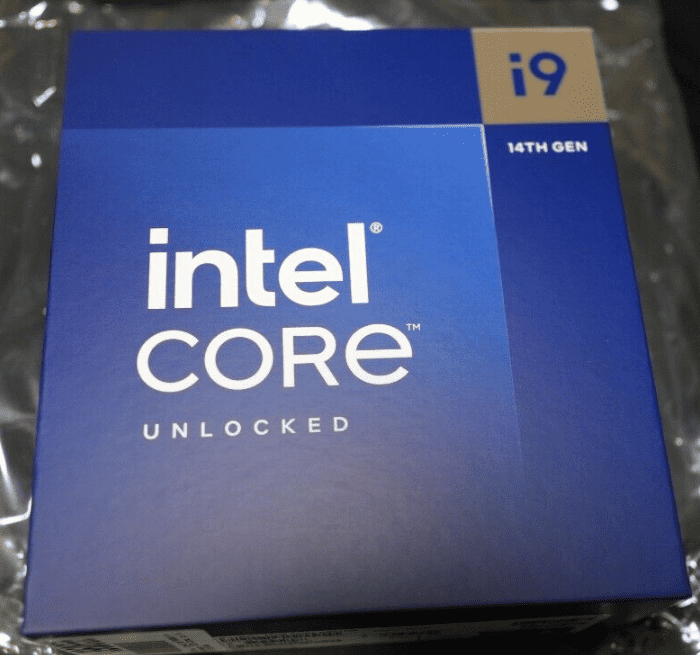
Intel’s 14th generation CPUs, codenamed Raptor Lake, are a family of processors that includes the i3, i5, i7, and i9:
- Architecture: The 14th generation CPUs use a hybrid architecture that combines performance cores and efficient cores:
- Performance cores: Optimized for single-threaded tasks like gaming and productivity
- Efficient cores: Built for scaling workloads and background tasks
- Features: The 14th generation CPUs include:
- Intel Thread Director to distribute workloads to the optimal cores
- Intel Dynamic Tuning Technology to optimize resources in real time
- Intel Turbo Boost Max Technology 3.0 to direct critical workloads to the processor’s fastest cores
- Intel Adaptive Boost to boost the processor to run faster than its rated frequency
- Support for DDR4/DDR5 and PCIe 4.0/5.0
- AI Boost to blur distractions from the background and reduce ambient background noise
- Integrated support for Wi-Fi 6/6E and Bluetooth 5.3
- Availability: The 14th generation CPUs were available for purchase starting October 17, 2023.
- Performance: Some say that the 14th generation CPUs aren’t much more powerful than the previous generation, with performance speed gains of less than 10%. However, others say that the 14th generation CPUs are still among the strongest on the market.
Intel 14th Generation Lineup Of CPUs
| Model | Cores/Threads | Base Clock | Max Turbo Boost | Cache (L3) | TDP (Watts) | MSRP | Overclockable? |
|---|---|---|---|---|---|---|---|
| i9-14900K | 24/32 | 3.2 GHz | Up to 6.0 GHz | 36 MB | 253 | $539+ | Yes |
| i9-14900KF | 24/32 | 3.2 GHz | Up to 6.0 GHz | 36 MB | 253 | $539+ | Yes |
| i7-14700K | 20/28 | 3.4 GHz | Up to 5.6 GHz | 33 MB | 253 | $399+ | Yes |
| i7-14700KF | 20/28 | 3.4 GHz | Up to 5.6 GHz | 33 MB | 253 | $399+ | Yes |
| i5-14600K | 14/20 | 3.5 GHz | Up to 5.3 GHz | 24 MB | 150 | $289+ | Yes |
| i5-14600KF | 14/20 | 3.5 GHz | Up to 5.3 GHz | 24 MB | 150 | $289+ | Yes |
Please Note:
- TDP: Thermal Design Point – a general indicator of power consumption under load.
- Overclockable: ‘K’ and ‘KF’ designations mean the CPU can be overclocked for extra performance potential.
- Pricing Fluctuations: These MSRPs are a starting point, prices can change based on retailer and availability.
Benchmarks
| Model | Cores/Threads | Base Clock (GHz) | Boost Clock (GHz) | Cinebench R23 Single-Core | Cinebench R23 Multi-Core | Gaming Average FPS (1080p) |
|---|---|---|---|---|---|---|
| Core i9-14900K | 24/32 | 3.2 / 2.4 | 6.0 / 4.4 | ~2300 | ~40000 | ~220 |
| Core i7-14700K | 20/28 | 3.4 / 2.5 | 5.6 / 4.3 | ~2250 | ~35000 | ~210 |
| Core i5-14600K | 14/20 | 3.5 / 2.6 | 5.3 / 4.0 | ~2200 | ~25000 | ~200 |
Note: These are approximate benchmarks and can vary depending on system configuration, cooling, and other factors.
- Cinebench R23: Measures CPU rendering performance.
- Gaming Average FPS (1080p): Represents average frames per second in various games at 1080p resolution.
For more detailed and specific benchmarks, please refer to reputable hardware review sites like Tom’s Hardware, Gamers Nexus, and others.
Features of Intel 14th Gen
- Hybrid Architecture: Performance (P) cores for high-demand tasks + Efficiency (E) cores for background processes.
- Increased Core Counts: More cores on i7 and i9 models compared to the prior generation.
- Higher Clock Speeds: Faster performance than 13th Gen on both P and E cores.
- DDR5 Support: Compatibility with faster DDR5 memory.
- Backward Compatibility: Works with 600-series motherboards (with BIOS update) and new 700-series motherboards.
Key Takeaways
- Intel’s 14th Gen Core processors bring improved performance for desktop users.
- The i9-14900K is noted for its top-tier speed among contemporary desktop CPUs.
- Enhanced CPU speeds and E-core counts mark the latest tech advancements in the series.
14th Generation Intel Core Architectural Advancements
The 14th generation Intel Core processors mark a significant step in computer processing with a mix of enhancements to power and efficiency. These processors are designed to provide improved overall performance for both gamers and creators alike.
Performance Hybrid Architecture
The 14th Gen Intel Core processors harness a performance hybrid architecture which pairs high-powered performance cores (P-cores) with power-efficient efficiency cores (E-cores). This combination allows the desktop processors to perform intense tasks like gaming or content creation more effectively while also handling background tasks with less energy consumption. The architecture is tailored to optimize workflows and provide users with a smooth and responsive computing experience.
Intel 4 Process Technology
Intel’s 4 process technology is at the core of the 14th generation processors, comprising refined silicon that offers better efficiency and stronger performance. The switch to this new process technology allows for smaller transistors on the chip, leading to improved energy efficiency and higher transistor density, which translates to more processing power without a significant increase in power consumption.
E-Cores and P-Cores Innovations
The efficiency cores (E-cores) in the new generation aim to handle background tasks with minimal power draw, while the performance cores (P-cores) tackle demanding applications. Dynamic Tuning Technology is a feature that manages these cores by adjusting power on the go to maximize performance based on the current workload. Thermal Velocity Boost is another feature that automatically increases the processor’s clock speed to enhance performance, provided the processor temperature is sufficiently low. These cores work together to enable the 14th Gen processors to reach new heights in terms of processing power.
14th Gen Intel Core Processor Family
The latest 14th Gen Intel Core Processor Family has set new benchmarks for desktop computing. This generation marks an evolution in Intel’s chip design, aiming to enhance user experience in gaming, content creation, and everyday productivity tasks.
Core i9-14900K Features and Capabilities
The i9-14900K stands at the pinnacle of the 14th Gen Intel Core series with impressive specs. This processor touts up to 6 GHz speeds, making it a powerhouse for demanding applications. The i9-14900K integrates Intel’s performance hybrid architecture for efficient task handling. It also features 24 cores and 32 threads, providing substantial parallel computing power for complex tasks like video editing and 3D rendering.
Core i9-14900K Key Specs:
- Maximum Speed: 6 GHz
- Cores/Threads: 24/32
- Intel Smart Cache: 36 MB
Performance Benchmarks: Core i7-14700K vs. Ryzen 9 7950X
Comparing the Intel Core i7-14700K with the AMD Ryzen 9 7950X offers a glimpse into competitive gaming performance. Benchmarks indicate that the Core i7-14700K holds its ground in many popular game titles, benefitting from the Raptor Lake architecture for enhanced clock speeds and efficiency.
Gaming Performance Comparison:
- Intel Core i7-14700K: Strong in several top titles, offers balanced power for high-frame-rate gaming.
- AMD Ryzen 9 7950X: Competitive performance, excels in multi-threaded tasks.
Market Positioning: Core i5-14600K
The Core i5-14600K serves as the entry point to Intel’s high-end desktop CPUs. Its target audience includes gamers and creators who need reliable performance at a more accessible price point. The i5-14600K delivers solid performance for gaming and multitasking without straining budgets.
Core i5-14600K Highlights:
- Market Segment: Cost-effective solution for high-performance computing
- Use Case Suitability: Ideal for gaming and productivity tasks on a budget
Frequently Asked Questions
Intel’s 14th generation processors represent a significant step in computer hardware technology. They introduce a range of improvements and compatibility features that cater to the needs of various users, from gamers to professionals.
What improvements does the 14th generation of Intel processors bring over the previous generation?
The 14th generation of Intel processors improves upon its predecessors by adopting a performance hybrid architecture. This design means better optimization for gaming, content creation, and productivity. The inclusion of this architecture offers users increased speed and efficiency when managing multiple tasks.
When was the Intel 14th generation processor officially released?
Intel has not officially released the 14th generation processors yet. Historically, new processor generations are announced yearly, so it’s likely these will become available in the near future.
What is the price range for the Intel 14th generation processors?
Pricing for the Intel 14th generation processors will vary based on specific models and market factors. While exact prices are not disclosed before release, Intel generally offers options spanning from budget-friendly to high-end enthusiast levels.
Which motherboard socket is compatible with the Intel 14th generation CPUs?
The Intel 14th generation CPUs are compatible with the LGA 1700 socket. This socket type ensures that users can utilize motherboards designed for Intel’s 600 and 700 series chipsets, providing a range of options to fit different needs.
What are the performance benchmarks for the Intel 14th generation i5 in gaming scenarios?
Performance benchmarks for the Intel 14th generation i5 processors in gaming scenarios have yet to be released. Once available, they will provide insight into frame rates, multitasking ability, and overall gaming performance.
Can laptops powered by Intel 14th generation processors compete with desktop performance?
Laptops equipped with Intel’s 14th generation processors can offer competitive performance to desktops, especially for tasks that demand high processing power. Continuous advances in technology bridge the gap between portable laptops and stationary desktops, offering users powerful options in both categories.

